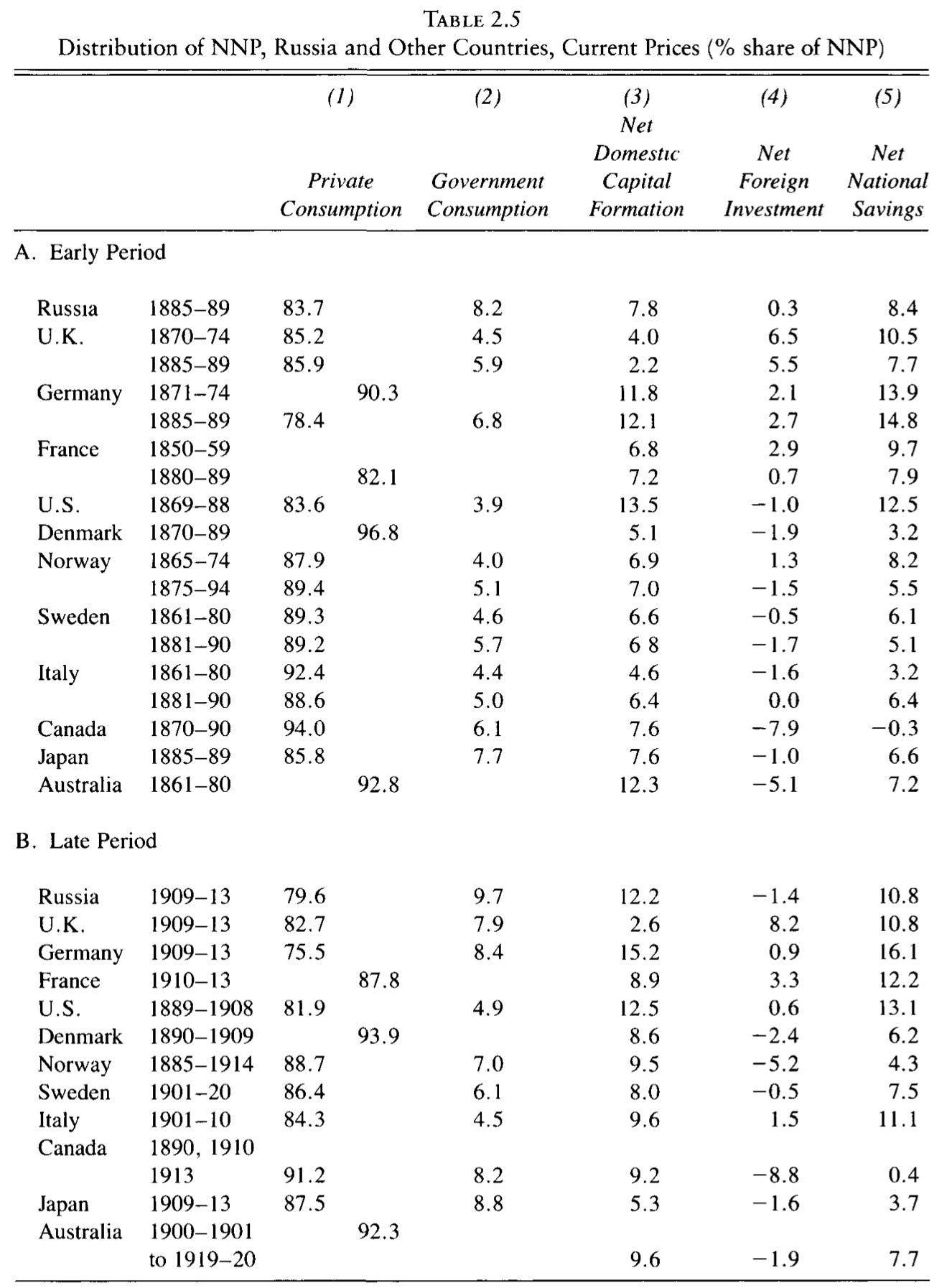What I'm intrigued by is the willingness of Russian soldiers to succumb to defeatism after the US had already entered World War I. There were also some mutinies elsewhere in 1917, such as in France, but nowhere near Russia's levels. Interestingly enough, by Anatoly Karlin's own criteria, this might mean that World War I Russia was a loser country, starting a war that it was unable to fight to the finish even though it was perfectly capable of doing this after the US had already entered the war.
I think the key thing was that morale was so badly destroyed.
Also a US dow in 1917 is a lot less important than one today. For one thing even without the much less information about the world and most Russian soldiers being poorly educated it would mean virtually nothing to them. There were already plenty of nations fighting the CPs so another one most would know virtually nothing about would mean little.
Furthermore even if they had had a decent knowledge of the 1917 US would it had much effect. Yes its a massive economic power but its a military minnow. The army is small and poorly equipped and, especially with their insistence in only fighting under a solely US army it was going to be over a year before US forces of any size would be engaged on the western front while they have no real way of reaching the eastern front and helping the Russians in a war that increasingly the population just wants ended.

